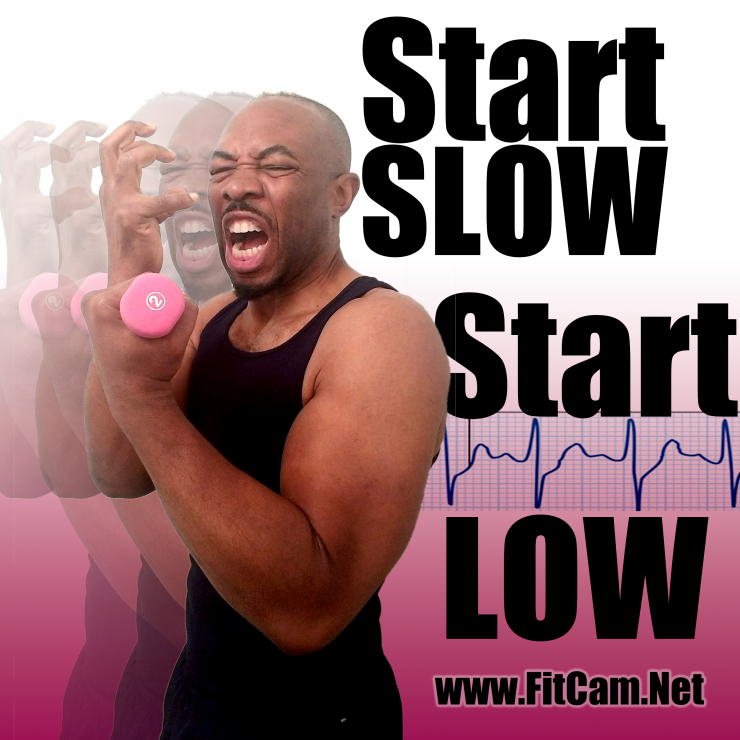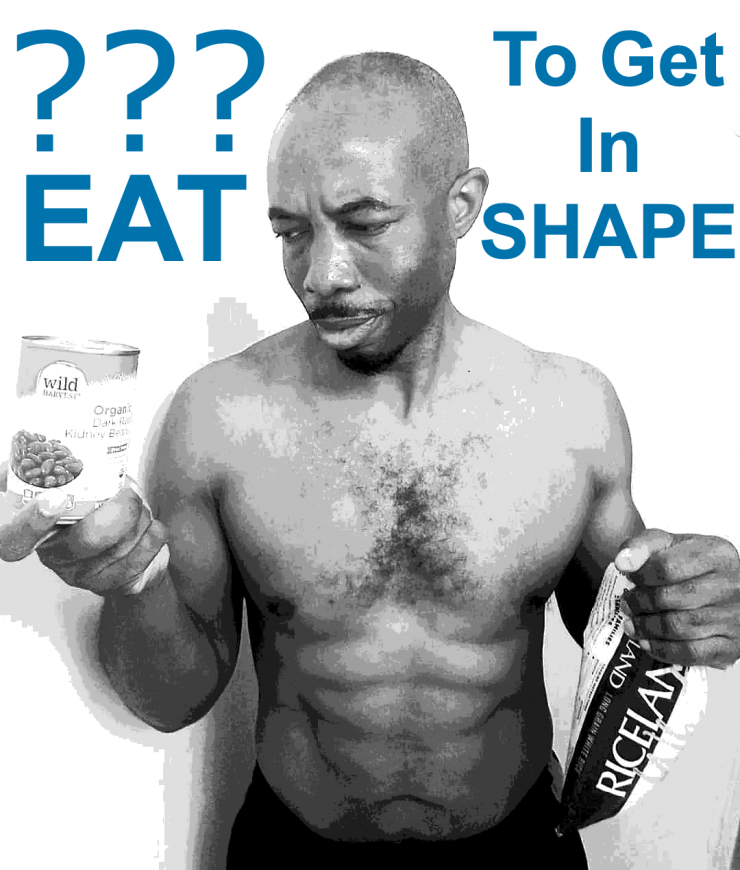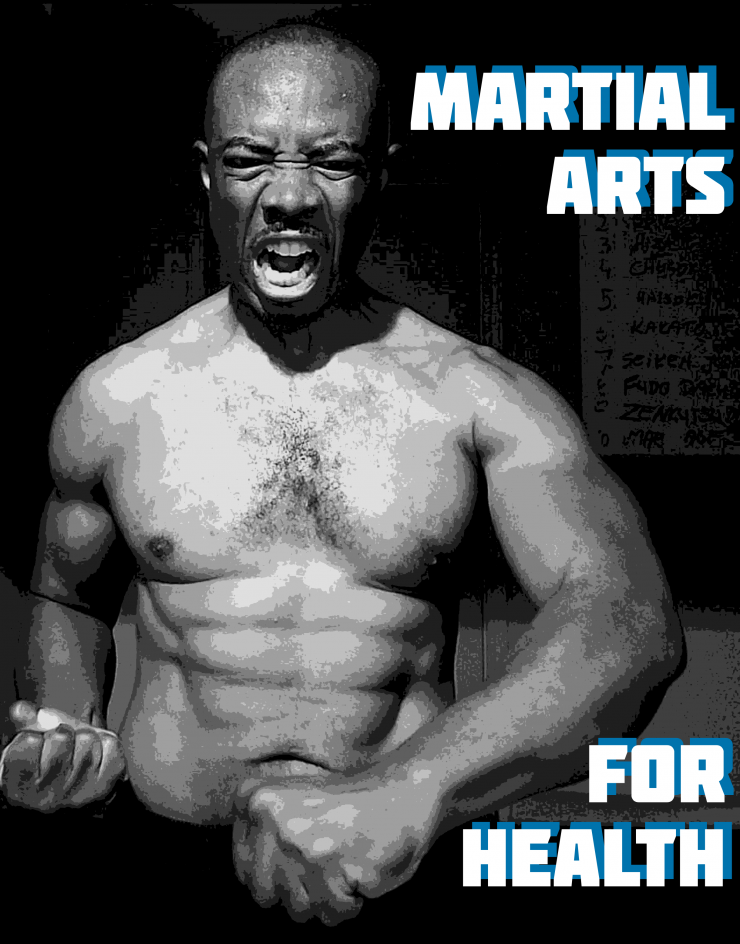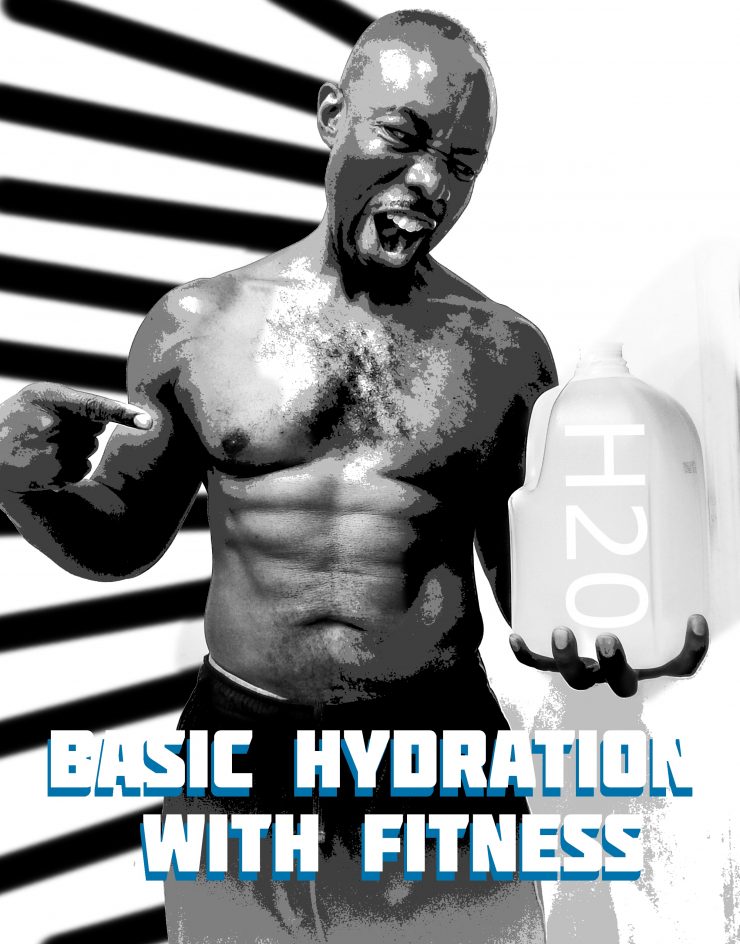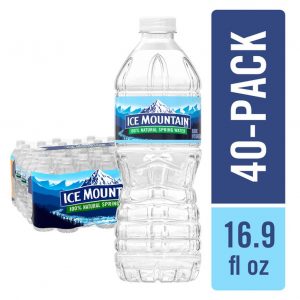This is one of the most fascinating conversations I ever heard about fitness. An elementary school gym teacher was speaking to her class about long distance running. I was working as the school nurse and happened to be in the gym at the time. She basically detailed how Kenyans train for marathons. They start running at the same speed that everyone else walks!
Of course they do not remain at that speed. They increase over time. It so happens that Kenyan runners are famous for winning marathons all over the world, but this is how it all starts. What’s at play here is the idea of “progressive overload”. Theoretically one would start doing anything at the level they are at. Over time you gradually increase what you are doing until you reach a plateau. At that point you’ll do something else altogether, following the same principles.
It also works when you lift weights and perform calisthenics. In fact, this is how we learn, heal and adapt to most things in life. There are negative uses of the concept as well, but here on FitCam.Net we will keep it positive 🙂 Start slow. Start low. No one cares. No one is going to laugh at you, unless they themselves are full of pain and insecurity. Most everyone wants to see you do well. So let us begin.
Here is a great article on Progressive Overload written by: Jane Chertoff for Healthline.com
https://www.healthline.com/health/progressive-overload
